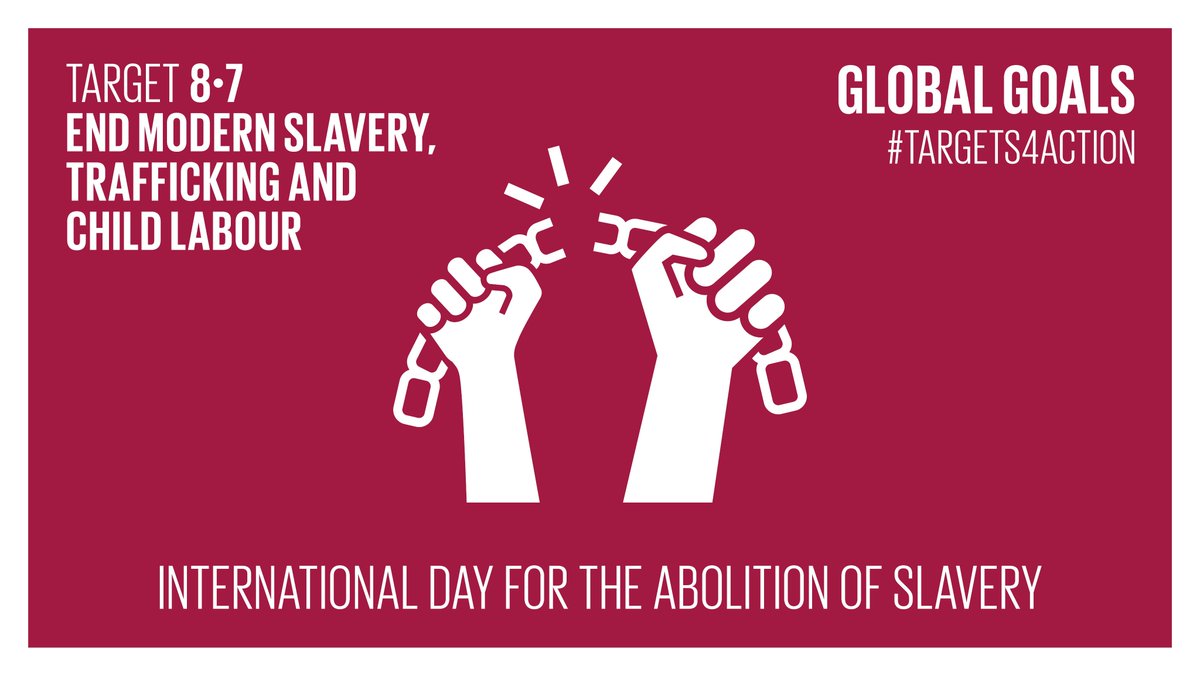In September 2015, all UN member States adopted the 2030 Sustainable Development Goals: 17 interrelated goals and 169 associated targets to promote economic, social and environmental development.
Under Target 8.7, countries committed to taking immediate and effective measures to eradicate forced labour, end modern slavery and human trafficking, and secure the prohibition and elimination of the worst forms of child labour, including recruitment and use of child soldiers, with the goal to end child labour in all its forms by 2025. Despite significant progress, the world has missed this target. Since 2000, child labour has nearly halved—from 246 million to 138 million children—but the current rate of decline is too slow, and the 2025 global elimination target has not been reached. To end child labour within the next five years, progress would need to accelerate 11 times faster than current trends.
To accelerate progress, the Alliance 8.7 was launched in 2016 as the global strategic partnership to coordinate efforts worldwide. Under Alliance 8.7, thematic Action Groups were established including one focusing on Supply Chains, with participation from over 130 organizations, as well as leading business networks like the Child Labour Platform and the ILO Global Business Network on Forced Labour.
At the national level, global commitments are translated through Pathfinder Countries, which commit to ambitious, accelerated action to achieve Target 8.7. These countries develop and implement national roadmaps, adopt innovative approaches, and share lessons learned. As of 2025, there are currently 37 Pathfinder Countries actively engaged in these efforts. These countries include: Albania, Argentina, Benin, Brazil, Cameroon, Central African Republic, Chile, Costa Rica, Cote d’Ivoire, Democratic Republic of Congo, Ethiopia, Fiji, France, Gabon, Germany, Guatemala, Honduras, Kenya, Madagascar, Malawi, Mauritania, Mexico, Morocco, Nepal, Netherlands, Nigeria, Peru, Republic of Congo, Samoa, Sri Lanka, Tunisia, Türkiye, Uganda, Vietnam.
These Pathfinder Countries lead the way in scaling up national interventions, developing comprehensive roadmaps, adopting legislation, strengthening enforcement, and fostering partnerships to address child labour, forced labour, and modern slavery.






